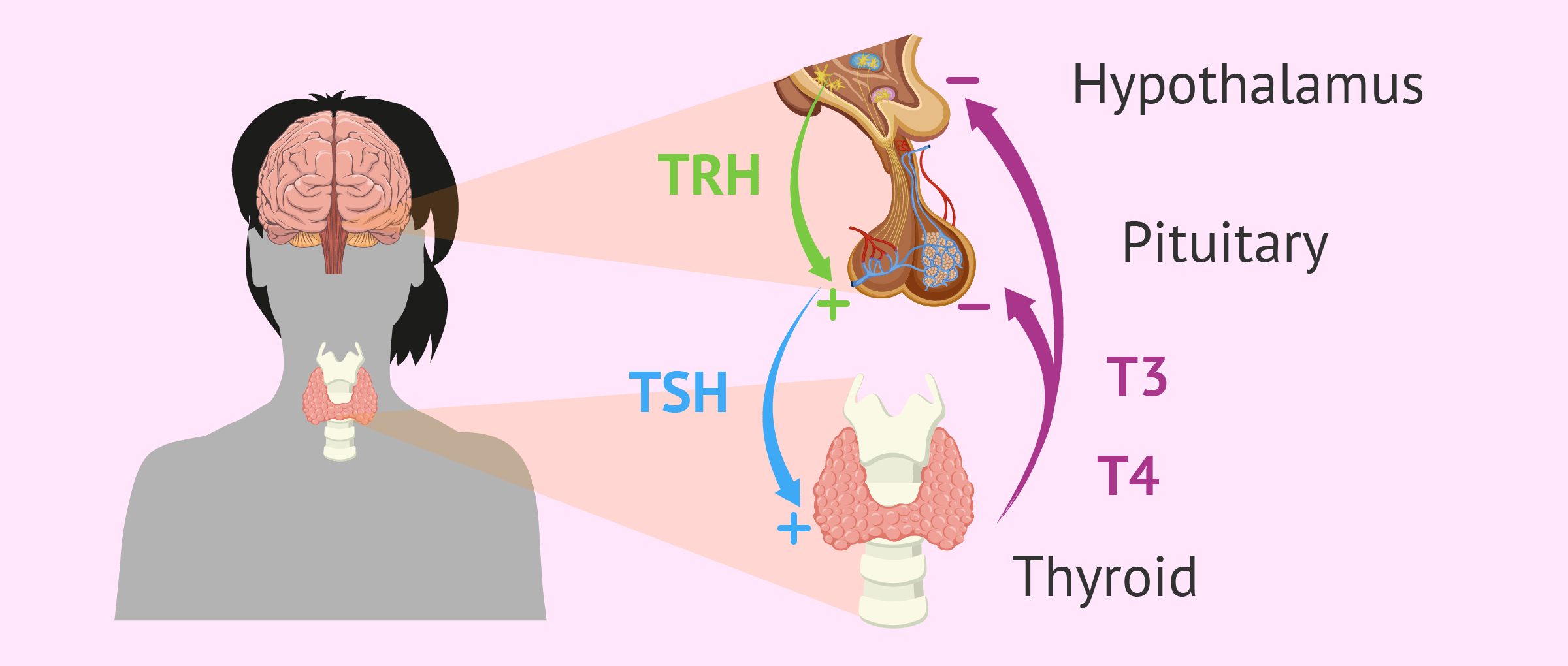The thyroid is a very common problem, especially after the age of 25 years. Women are four times more at risk of thyroid disorders than men. Failure to treat it can lead to repeated miscarriage problems for women. The saddest of all can be the risk of infertility in women. Many problems are being seen in women due to thyroid. There are complaints of weakness, obesity, period, infertility due to the thyroid.
What is thyroid?
There is a tiny butterfly-shaped gland in our throat, it is called the thyroid. This gland converts food into energy and produces T3 ie triiodothyronine and T4 ie thyroxine hormone. These two hormones control our breath, heart rate, digestive system, body temperature, bones, muscles, and cholesterol. When these hormones are unbalanced, the weight starts to increase or decrease, it has been named thyroid disease.
Thyroid and infertility
According to studies, about 20% of women in India have undetected thyroid disease. In such a situation, this disease can cause infertility in women. A decrease in thyroid hormone levels in the body, ie hypothyroidism, obstructs the process of ovulation, causing women to become infertile. Additionally, in the case of hypothyroidism, progesterone is also produced in small amounts in ovaries, which creates pregnancy issues.

Importance of Thyroid Hormones in Pregnancy?
Thyroid hormones are necessary for the development of an unborn baby. With this, baby’s brain and nervous system develop. In the first trimester of pregnancy, these hormones are delivered to the baby through the umbilical cord. After this, the baby’s thyroid gland develops and the thyroid hormones begin to form, but not enough hormones are produced by 18 to 20 weeks. In this sense, thyroid hormones are important in pregnancy.
This is how hyper-thyroidism affects
Uncontrolled hyperthyroid increases the risk of miscarriage in women in early pregnancy. If overactive thyroid, that is, hyperthyroidism is not treated properly, women may face difficulties in conceiving. In addition, after pregnancy, hyperthyroid can cause complications in pregnant women such as BP, pre-mature delivery, poor development of the baby.
Thyroid symptoms
Given below are typical symptoms of hyperthyroidism–
- Fatigue
- Nausea
- Vomiting
- Rapid heart rate
- Changes in appetite and increased thyroid levels and size
- Changes in appetite and the ability to tolerate heat can also be seen.
Which women are more at risk?
Women who have been diagnosed with hyperthyroidism before their pregnancy and with a family history of this disorder are most likely to experience the condition during pregnancy.
When can a woman get pregnant in thyroid?
Women can conceive after the complete treatment of the thyroid. If a woman wants to conceive after thyroid, she should first talk to the doctor about it. Her doctor will ask about her family history regarding the thyroid. The doctor may ask for a serum thyroid-stimulating hormone test which shows the amount of thyroid hormone in the blood.
Pregnancy can be a bit difficult for a woman suffering from thyroid, but it is not at all likely that she cannot conceive due to it. Pregnancy can also happen after controlling the thyroid with the help of medicine and with the advice of your Gynaecologist. The thyroid is a disease that affects fertility. With the help of yoga, medicine, and a healthy lifestyle, the thyroid can be controlled and pregnancy can also happen.




